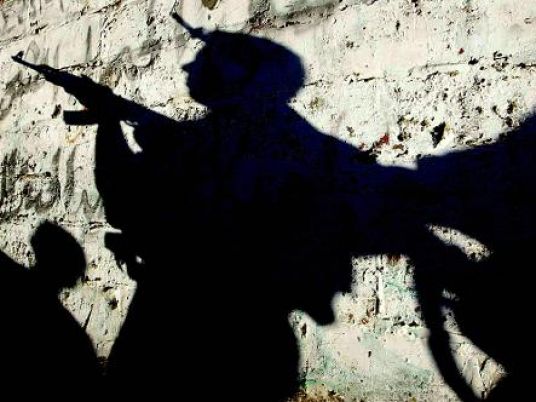
France said it had deported on Thursday an Algerian national suspected of recruiting young French Muslims to join the Syrian civil war, the first such case since Paris unveiled a raft of policies to stop its citizens from becoming radicalised.
France, which has been a staunch opponent of Syrian President Bashar al-Assad, has made clamping down on violent cells and self-radicalised operators planning attacks in the country a priority since a Toulouse-based al Qaeda-inspired gunman shot dead seven people in March 2012.
But with the Syrian conflict entering its fourth year, the government has come under criticism for failing to stop its nationals – some as young as 15 – from heading to Syria.
Interior Minister Bernard Cazeneuve said in a statement that a 37-year-old man who had been a resident in France since 1980 had been sent back to Algeria on Thursday morning.
The man had been close to radical Islamist groups implicated in the recruitment of individuals to join jihadist networks in Afghanistan and Syria, Cazeneuve said.
"This jihadist was arrested by Turkish authorities in a bus taking a group to Syria," he said. "Having been returned to French authorities by Turkey, he was … immediately deported."
Cazeneuve unveiled some 20 measures in April that ranged from stripping people of French nationality along the lines of new British legislation introduced last year to prevent minors from leaving France without parental consent.
France has Europe's largest Muslim population at about 5 million. It has had broad success at dodging attacks in large part due to its water-tight security apparatus and some of Europe's toughest anti-terror laws, although analysts say they need to be adapted in light of the social media boom.
On Wednesday, Cazeneuve told lawmakers there were 285 French nationals fighting in Syria against the government and 120 that were currently in transit between the two countries. That figure had shot up by 75 percent in recent months, he said.
About 100 French nationals have already returned to France and 25 have been killed, he said.
"The anti-jihadist plan … foresees deporting immediately any foreign national implicated in jihadist networks," Cazeneuve said. "These measures will be implemented with their full force."




